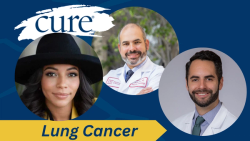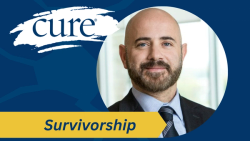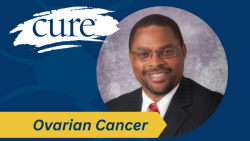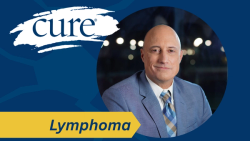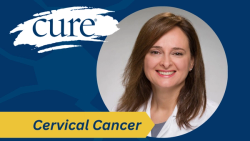3 Important Patient-Provider Discussions for Newly Diagnosed Kidney Cancer
After a patient receives a kidney cancer diagnosis, there are some important conversations to have with their health care team.
After receiving a diagnosis of renal cell carcinoma — the most common form of kidney cancer — there are some key facts about the disease and its treatment that patients should discuss with their health care team, according to Dr. Laurence Albiges, a genitourinary medical oncologist from the Gustave Roussy Institute in France.
First and foremost, it is important to know what kind of kidney cancer a patient has, be it clear-cell renal cell carcinoma, the more common subtype where the cancer cells — which appear clear under a microscope — are located in the tubules that filter waste from the blood; or non-clear cell renal cell carcinoma, a rarer type of cancer that may have certain genetic factors at play.
Next, it is important for patients and clinicians to discuss the proper treatment plan, which may include combination of immunotherapy (IO) agents, which use the body’s immune system to find and fight cancer. Patients may also be treated with an IO drug plus a tyrosine kinase inhibitor (TKI), which can block cancer cells from growing and reproducing.
Finally, once a treatment plan is established, patients should know what kind of potential side effects to look out for, Albiges emphasized.
READ MORE: Risk Versus Reward: Managing Side Effects of Kidney Cancer Treatment
Transcription
So, from a patient standpoint, I think it's important to understand what kind of disease are we facing? Is it a clear cell or what we call a non-clear cell subtypes?
Second, what is the treatment strategy that is being defined? Is the patient going to receive a combination of IO (plus) IO, or is it IO (plus) TKI? And then what is the safety profile or the signals of toxicity that the patient should be aware of, so that it wouldn't delay proper management.
For more news on cancer updates, research and education, don’t forget to subscribe to CURE®’s newsletters here.
Related Content
 Nutritional Support May Help Patients With Advanced Gastric Cancer
Nutritional Support May Help Patients With Advanced Gastric CancerJanuary 15th 2026
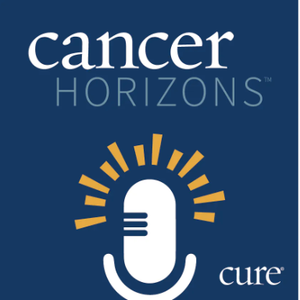 Conference Highlights from the 2023 ASH Annual Meeting
Conference Highlights from the 2023 ASH Annual MeetingDecember 14th 2023
 GLP-1 Associated With Colorectal Cancer Prevention, Research Finds
GLP-1 Associated With Colorectal Cancer Prevention, Research FindsJanuary 12th 2026
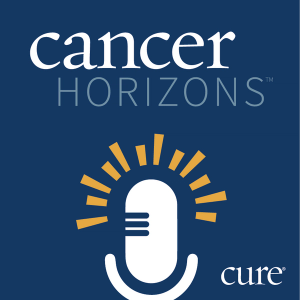 Conference Highlights from SABCS
Conference Highlights from SABCSDecember 12th 2023
 Rusfertide Maintains Hematocrit Control in Patients With Polycythemia Vera
Rusfertide Maintains Hematocrit Control in Patients With Polycythemia VeraDecember 31st 2025
View additional resources on CureToday.com


